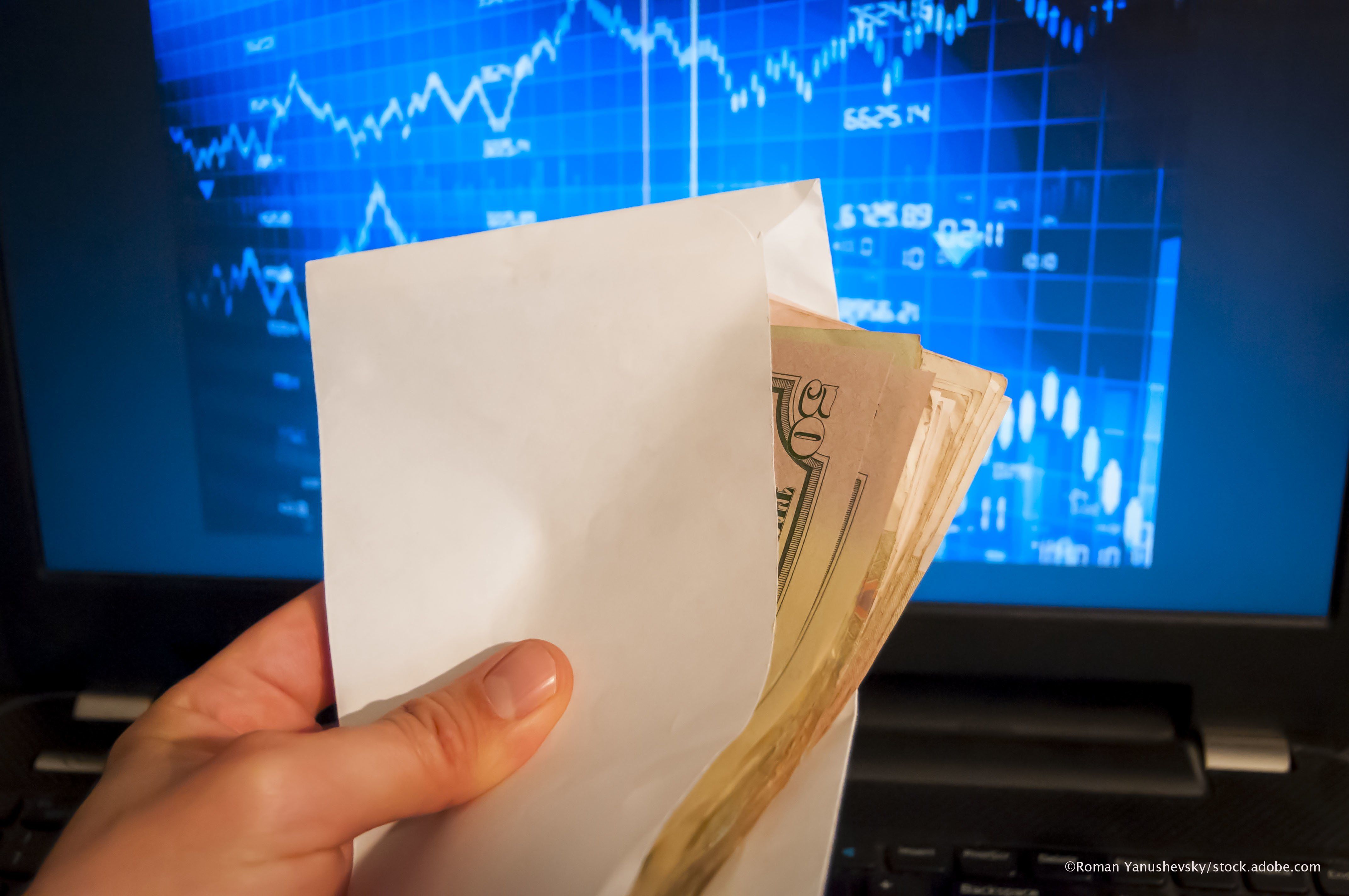

This federal legislation mandated disgorgement of profits made by corporate insiders on round-trip transactions (a purchase and later sale or a sale and later purchase) effected within six months, required disclosure of past inside transactions, and prohibited insiders from selling “borrowed” shares of their companies. Congress in the aftermath of the stock market crash, though aimed primarily at prohibiting fraud and market manipulation, also targeted insider trading. One of the earliest (and unsuccessful) federal attempts to regulate insider trading occurred after the 1912–1913 congressional hearings before the Pujo Committee, which concluded that “the scandalous practices of officers and directors in speculating upon inside and advance information as to the action of their corporations may be curtailed if not stopped.” The Securities Acts of 1933–1934, passed by the U.S. Regulation of insider trading began in the United States at the turn of the twentieth century, when judges in several states became willing to rescind corporate insiders’ transactions with uninformed shareholders. The economic rationale advanced for prohibiting insider trading is that such trading can adversely affect securities markets (Khanna 1997) or decrease the firm’s value (Haft 1982). A related objection is that, because managers control the production of, disclosure of, and access to inside information, they can transfer wealth from outsiders to themselves in an arbitrary and hidden way (Brudney 1979 Clark 1986). One objection is that it violates the fiduciary duties that corporate employees, as agents, owe to their principals, the shareholders (Wilgus 1910). Nevertheless, many people still find insider trading in corporate securities objectionable. It also should be noted that transactions based on unequally distributed information are common and often legal in labor, commodities, and real estate markets, to name a few. Insider trading is quite different from market manipulation, disclosure of false or misleading information to the market, or direct expropriation of the corporation’s wealth by insiders. Such trading on information originating outside the company is generally not covered by insider trading regulation. The above definition of insider trading excludes transactions in a company’s securities made on nonpublic “outside” information, such as the knowledge of forthcoming market-wide or industry developments or of competitors’ strategies and products. Much trading by insiders, though, is due to their need for cash or to balance their portfolios. Although insider trading typically yields significant profits, these transactions are still risky. Texas Gulf Sulphur Co.), on a forthcoming cut in dividends by the board of directors ( Cady, Roberts & Co.), and on an unanticipated increase in corporate expenses ( Diamond v. Famous examples of insider trading include transacting on the advance knowledge of a company’s discovery of a rich mineral ore ( Securities and Exchange Commission v.

Corporate insiders are individuals whose employment with the firm (as executives, directors, or sometimes rank-and-file employees) or whose privileged access to the firm’s internal affairs (as large shareholders, consultants, accountants, lawyers, etc.) gives them valuable information. All Rights Reserved.Insider trading” refers to transactions in a company’s securities, such as stocks or options, by corporate insiders or their associates based on information originating within the firm that would, once publicly disclosed, affect the prices of such securities. You can sign in to your Piedmont Natural Gas account or make a payment. If you smell natural gas or suspect a leak, leave the area immediately and call Piedmont Natural Gas at 800.752.7504 or 911 Gas customers in Ohio and Kentucky, if you smell natural gas or suspect a leak, leave the area immediately and call Duke Energy at 800.634.4300 or 911. To stay informed of future power outages, sign up to receive power outage alerts from Duke Energy by texting REG to 57801. Be sure to use the mobile phone associated with your account. Duke Energy and Piedmont Natural Gas emergency assistance, outage reporting and other customer service information tableĮlectric customers can text OUT to 57801 to report an outage from a mobile phone.


 0 kommentar(er)
0 kommentar(er)
